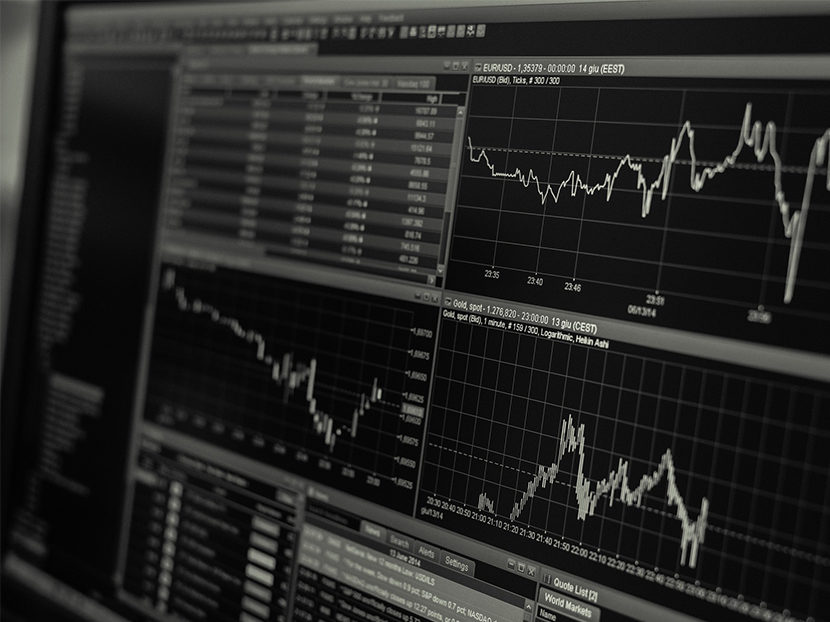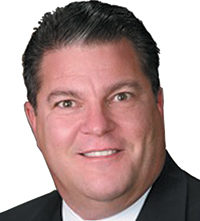The Benefits of Exchange Traded Funds

I am of the belief that Exchange Traded Funds, commonly called “ETFs” are one of the most innovative financial instruments in the money management industry. To best explain what an ETF is, let me first explain what a mutual fund is. Mutual funds, like ETF’s, are a basket of investments typically made up stocks, bonds, commodities and/or currencies.
When you invest in a mutual fund, you’re investing in terms of dollars, not shares. The reason for this is that you never know exactly what price you're going to pay because you get the closing price of the fund on the day that you buy it. So you say, “OK, let’s put $10,000 into this mutual fund.” You don't say, “Let’s buy 217 shares of that mutual fund.”
And by the same token, when it comes time to sell your mutual fund, it’s never a question of price. You can't say, “I want to place an order to sell my mutual fund when it hits $25 a share.” That’s not how mutual funds work. Just like when you buy a mutual fund, you do not know the price you’re selling at until the end of the day that it’s sold.
You see, a mutual fund doesn’t trade on the New York Stock Exchange. The price doesn't change throughout the trading day. It is set after the stock market closes for the day.
Similarly, Exchange Traded Funds are a basket of investments, but they trade every day on the stock exchange (thus the name Exchange Traded). The price of that basket goes up and down based on how all the different investments in the basket are performing that day. An ETF trades just like a stock.
Why is this important to you? First, remember that mutual fund prices are set once per day after the market closes and you never know the exact price you are going to receive. With an ETF that trades during the day you can set a limit or a stop order price. This means you can be proactive instead of reactive, and that's a very, very big deal.
The other fact that is so special about ETFs is that you know exactly where the money is invested. With a mutual fund you never know exactly what you own. A mutual fund is only made to report its holdings a couple of times throughout the year. So you’ve got somewhat of an idea, but you never know exactly what you own at any given time.
For example, let's look at the iShares Transportation Sector ETF (ticker symbol: IYT). At the time of this writing, 12.65 percent of this fund was in FedEx Corp., 9.03 percent in United Parcel Service, Inc., 7.23 percent in Kansas City Southern, 7.04 percent in Union Pacific Corporation and 6.92 percent in Norfolk Southern Corporation. So in IYT’s case nearly 43 percent of your money is invested in just five stocks.
Finally, you should know that since ETF’s trade like stocks on an exchange, they are going to charge commissions, just like a stock.
Isn’t paying a commission bad, you ask? Given the right advice, paying a commission could actually be a good thing. Also, Exchange Traded Fund commissions are oftentimes a lot less than a mutual fund.
And with any investment, you must do your homework before you invest.
So to sum it up, there are many ways to invest in ETF’s from markets, sectors, international, currencies and commodities. I like Exchange Traded Funds because they are traded on a listed exchange, you can set stop orders and limits on them while being able to get pretty specific in terms of buying a sector or a small basket of companies, and often (but not always) they can carry far less commission than a mutual fund.





